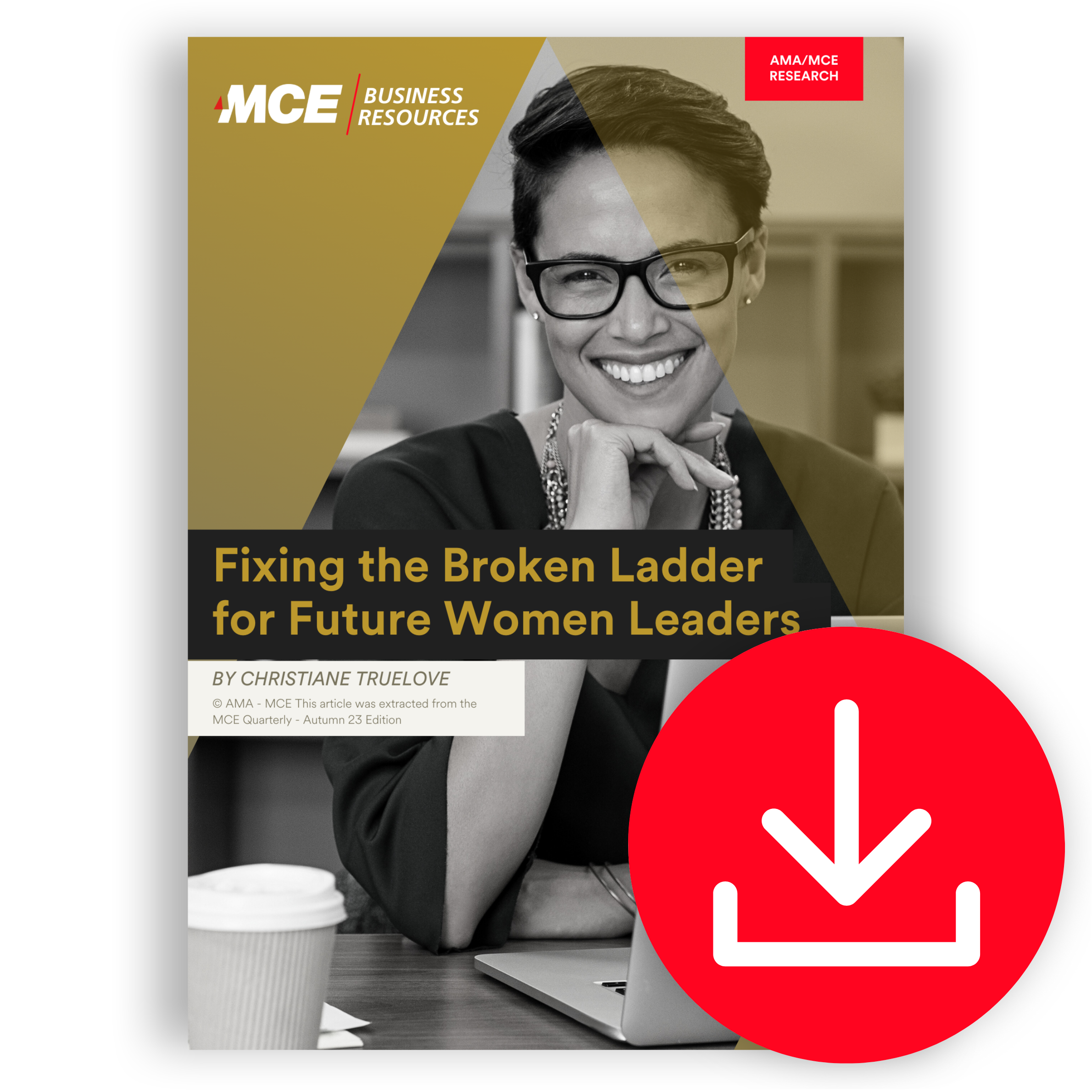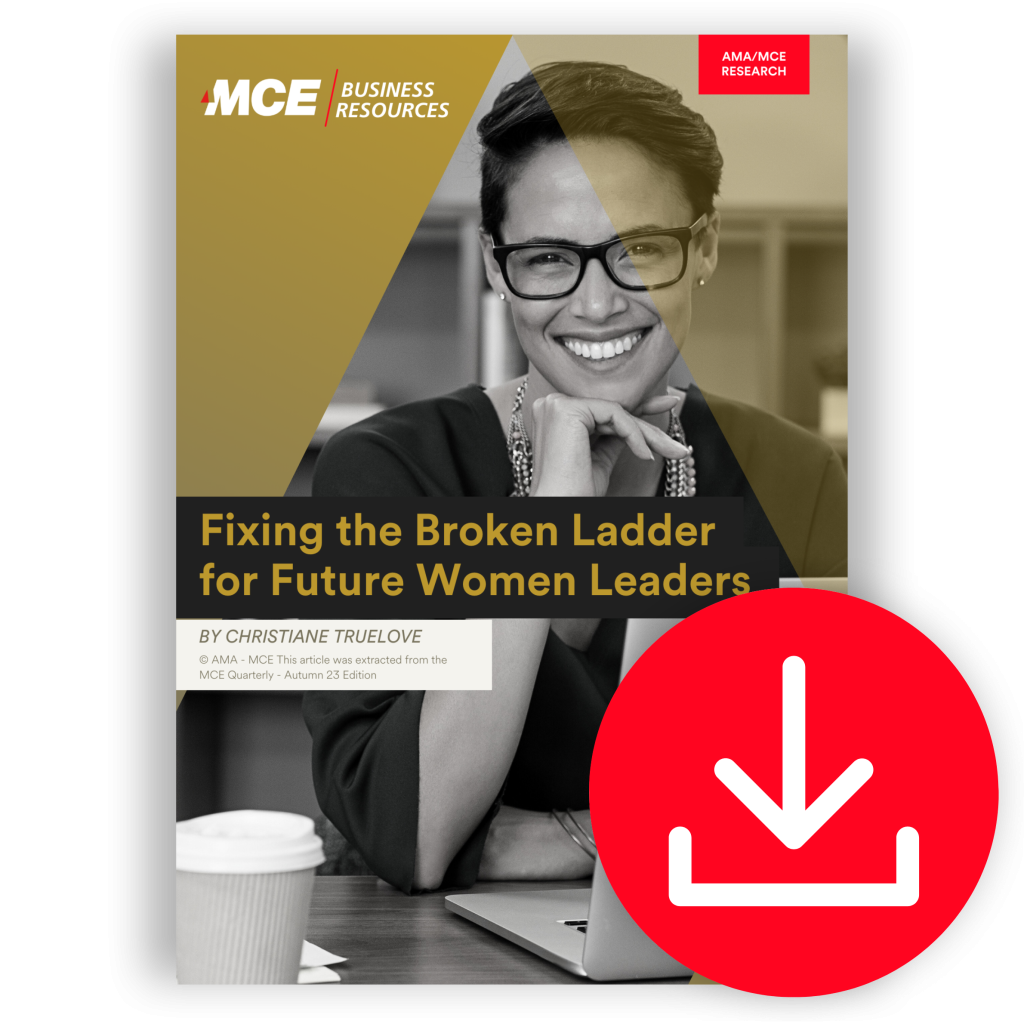
When climbing the corporate ladder, women are encountering many broken rungs. How can companies identify these broken rungs, and what can be done to fix them?
Though they represent more than 54% of the U.S. workforce, women hold just 35% of senior leadership positions, according to a study cited by career experts at Zippia.
On the positive side, women CEOs running Fortune 500 companies reached an all-time high of 44 women, according to a May 2022 article in Fortune magazine—but the article’s authors note that this number represents just 8% of the total.
According to McKinsey’s Women in the Workplace 2022 report, the problem exists early on in women’s careers. While 60% of men transition from entry level to first-level management, only 4 0% of women do the same. For every 100 men who are promoted from entry-level roles to manager positions, only 87 women are promoted and only 82 women of color are promoted, with only 1 in 20 C-suite executives being a woman of color. And for every woman at the director level who is promoted to the next level, two women directors are choosing to leave their company.
“As a result, men significantly outnumber women at the manager level, and women can never catch up. There are simply too few women to promote to senior leadership positions,” McKinsey experts write. They also note that companies are struggling to hold onto the relatively few women leaders they have, and all of these dynamics are even more pronounced for women of color.
McKinsey found that women managers are more likely to experience microaggressions, with women leaders twice as likely as men leaders to be mistaken for someone more junior. Women leaders are also more likely to report that personal characteristics, such as their gender or being a parent, have played a role in them being denied or passed over for a raise, promotion, or chance to get ahead.
Although women leaders are doing more to support employee well-being and foster inclusion, experts state that this critical work is spreading them thin and going mostly unrewarded, with 40% of women leaders saying their DEI work isn’t acknowledged at all in performance reviews.
Women of color face even more microaggressions and barriers to advancement. McKinsey reported that Latinas and Black women are less likely than women of other races and ethnicities to say their manager supports their career development, and that they experience less psychological safety. “If companies don’t take action, they risk losing not only their current women leaders but also the next generation of women leaders,” McKinsey experts note. “Young women are even more ambitious and place a higher premium on working in an equitable, supportive, and inclusive workplace. They’re watching senior women leave for better opportunities, and they’re prepared to do the same.”






